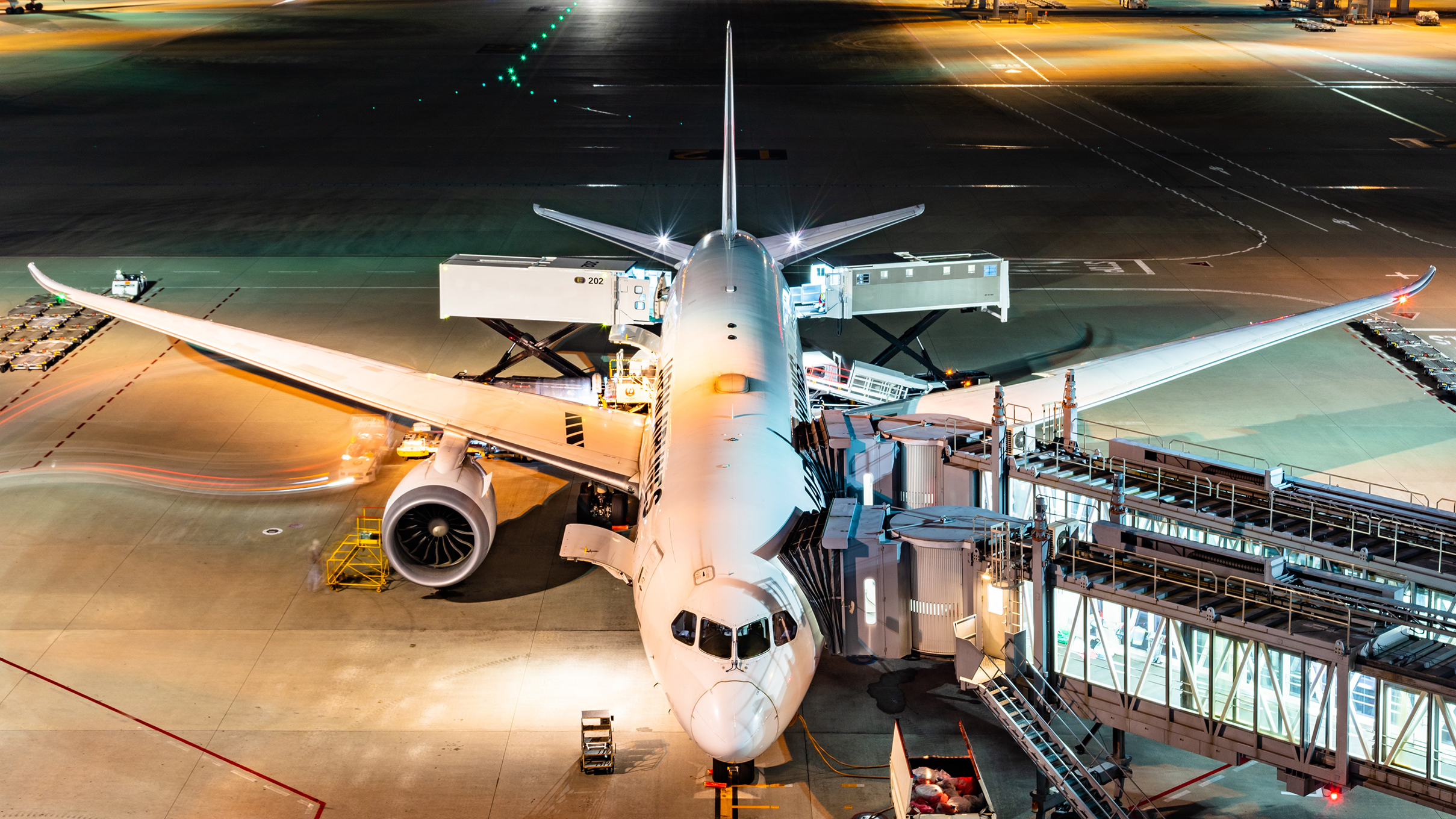According to an international air transport group, the world’s air cargo market demand weakened as economic issues persisted.
Global demand, measured in cargo tonne-kilometers for international operations, fell 14.2% in November 2022.
There are a variety of factors to consider in the operational environment.
A leading indicator of cargo demand, global new export orders remained steady. With the exception of Germany, the US, and South Korea, where they increased, new export orders for major economies are declining.
In October, the global goods trade increased by 3.3%, showing that maritime freight was the primary beneficiary given the decline in air cargo demand.
Given that many costs are denominated in US dollars, the US dollar’s fast appreciation has increased cost pressure, including jet fuel, which is already at high levels.
The usual peak season in November saw a decline in air cargo performance. Demand is generally steady from month to month, demonstrating resilience in economic uncertainty. But, there are conflicting market indications. In November, oil prices stabilized, inflation eased, and a modest increase in the volume of products exchanged globally, among other positive factors.
However, declining export orders globally and an increase in COVID instances in China warrant close observation. Compared to the same month in 2021, air cargo volumes for Asia-Pacific carriers fell by 18.6% in November 2022.
This was the lowest performance of all the regions, and it was worse than in October. Lower levels of trade and manufacturing activity, as well as interruptions in supply chains, as a result of China’s escalating COVID cases, continue to have an effect on airlines in the region.
Asia-Pacific has a 32.6% market share for carriers’ overall cargo traffic measured in cargo tonne-kilometers.


Add a Comment